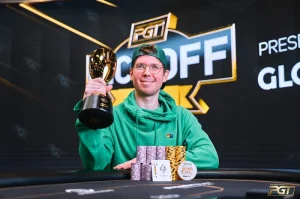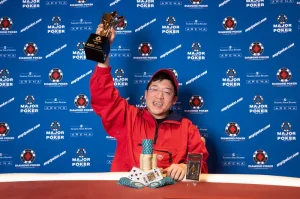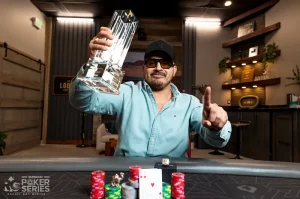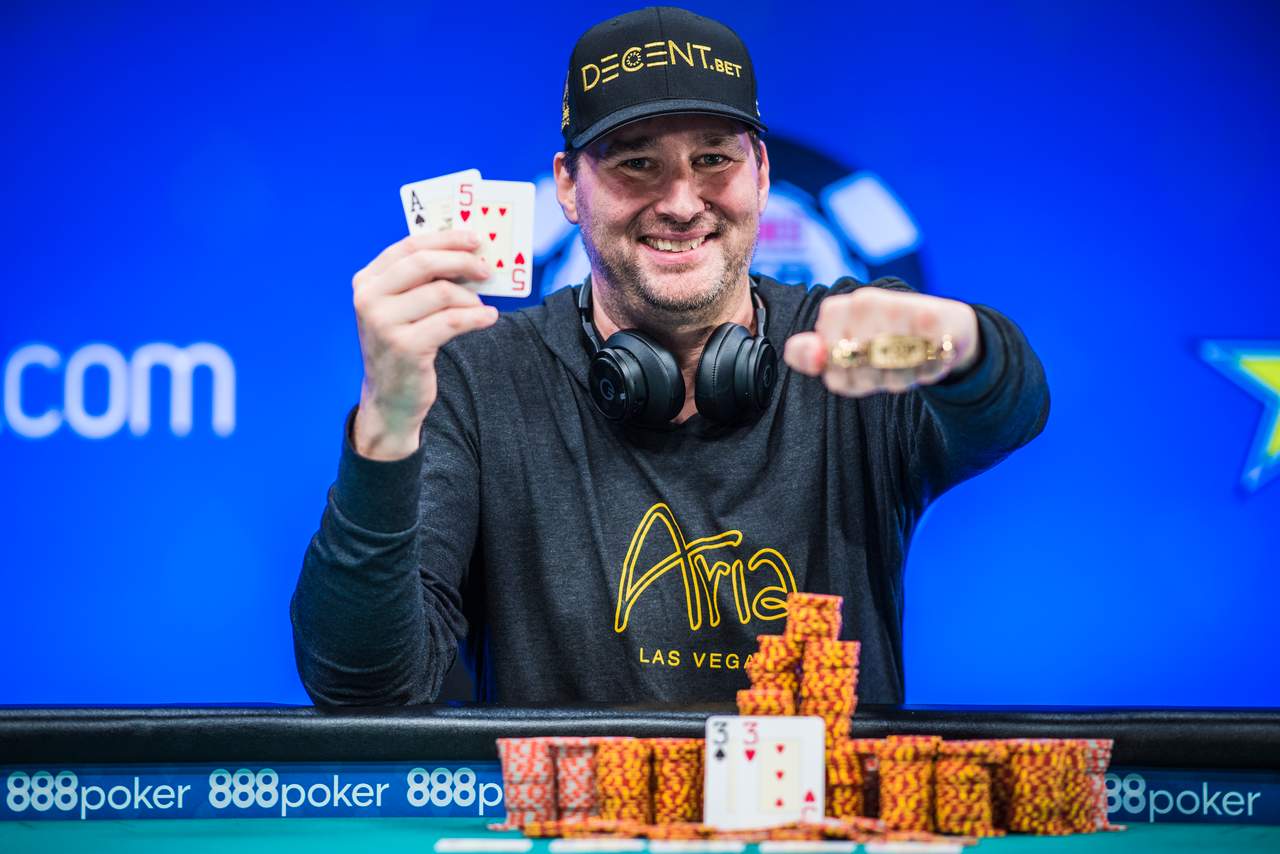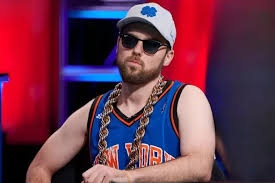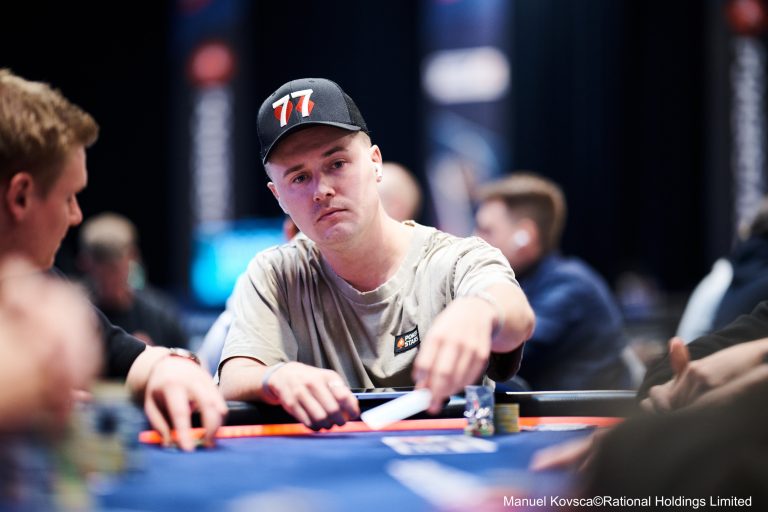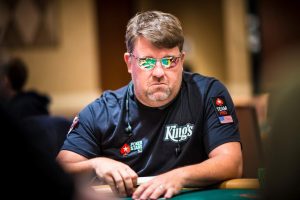Phil Hellmuth is one of the most polarizing and accomplished figures in the world of professional poker. Nicknamed “The Poker Brat” for his emotional outbursts and larger-than-life personality, Hellmuth has combined showmanship with undeniable skill to build a legendary career. Known as the all-time leader in World Series of Poker bracelets, his journey is a blend of brilliance, controversy, and resilience.
Early Life and Rise to Fame
Born on July 16, 1964, in Madison, Wisconsin, Phil Hellmuth grew up in a family that emphasized academics and discipline. However, his interests leaned more toward competition and games of strategy. After a brief stint at the University of Wisconsin, he left college to pursue poker full-time—an unconventional decision that would soon pay off.
Hellmuth began honing his skills in low-stakes games before making a name for himself on the tournament circuit. His confidence, combined with a sharp analytical mind, propelled him to an early breakthrough that changed his life.
Historic Breakthrough at the WSOP
Phil Hellmuth’s rise to stardom came in 1989 when, at just 24 years old, he won the WSOP Main Event, defeating two-time defending champion Johnny Chan. This victory made him the youngest Main Event champion at the time and cemented his place in poker history.
It was a moment that marked the beginning of a long and record-breaking relationship with the World Series of Poker.
Career Achievements
Over the decades, Phil Hellmuth has accumulated achievements that place him in a league of his own:
-
17 WSOP bracelets
The most in poker history, spanning multiple formats including No-Limit Hold’em, Razz, and Seven-Card Stud. -
Over $29 million in live tournament earnings
Consistently ranked among the top earners in the game. -
1989 WSOP Main Event champion
A career-defining victory that launched him into poker superstardom. -
Over 180 WSOP cashes
The most in WSOP history, reflecting his consistency and longevity. -
Inducted into the Poker Hall of Fame in 2007
An acknowledgment of his unmatched success and influence in the sport. -
Numerous final tables in World Poker Tour (WPT) events
Further proving his ability to compete across different poker series and formats.
Playing Style and Persona
Hellmuth’s playing style is rooted in patience and psychological warfare. He prefers a tight-aggressive approach, waiting for strong hands and exploiting opponents’ weaknesses through table talk and reading ability. His deep knowledge of hand ranges and ability to control pots are keys to his success.
However, what truly sets Hellmuth apart is his personality. Dubbed “The Poker Brat,” he is infamous for his emotional outbursts and dramatic reactions to bad beats. While this behavior has drawn criticism, it has also made him one of the most recognizable figures in poker and a favorite for televised events.
Influence and Media Presence
Phil Hellmuth is more than just a poker player—he is a brand. He has authored best-selling poker books such as Play Poker Like the Pros, appeared on numerous TV poker shows, and frequently features in mainstream media. His celebrity status has helped bring poker to a broader audience, contributing to the game’s global popularity.
His showy entrances at the WSOP—dressed as Julius Caesar, a NASCAR driver, or even a UFC fighter—have become legendary and reflect his flair for entertainment.
Philanthropy and Business Ventures
Beyond poker, Hellmuth has been active in philanthropy, hosting and participating in numerous charity tournaments. He’s also invested in several startups and tech ventures, showcasing his interest in business and innovation outside the poker world.
Despite his brash persona, many who know him personally speak highly of his generosity and loyalty.
Continued Relevance in the Modern Era
In an era dominated by game theory optimal (GTO) strategies and young online wizards, Hellmuth has managed to stay relevant. His recent heads-up matches and deep runs at high-stakes events show that his more intuitive, exploitative style still holds power against the game’s best minds.
While some critics dismiss his unconventional methods, his results speak for themselves—and he continues to add to his legacy year after year.
